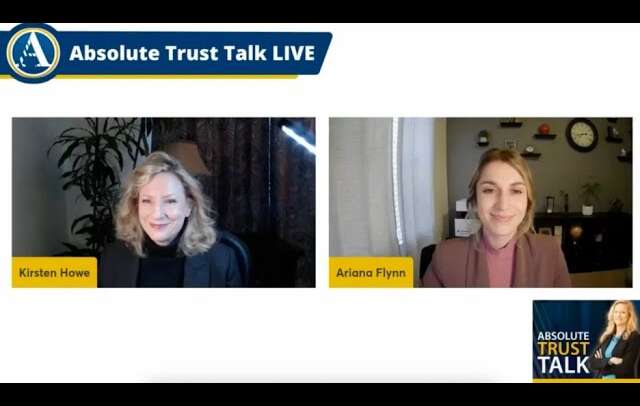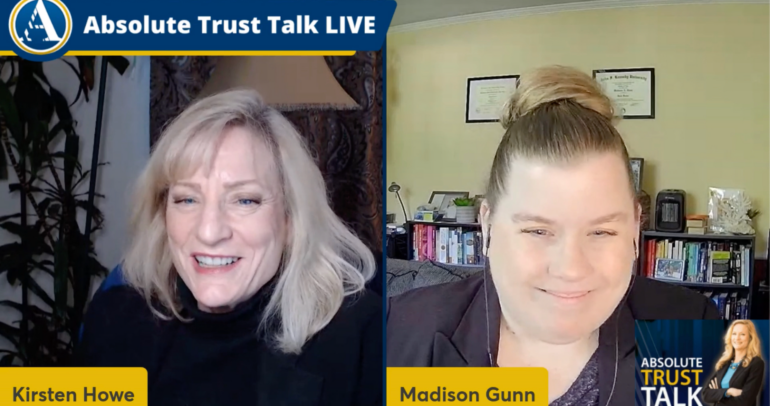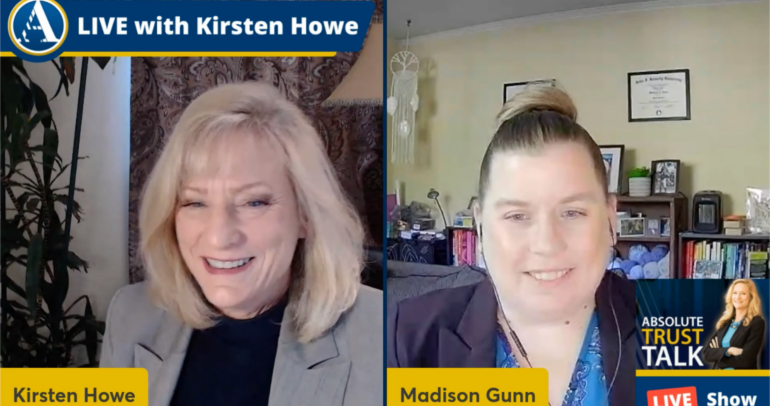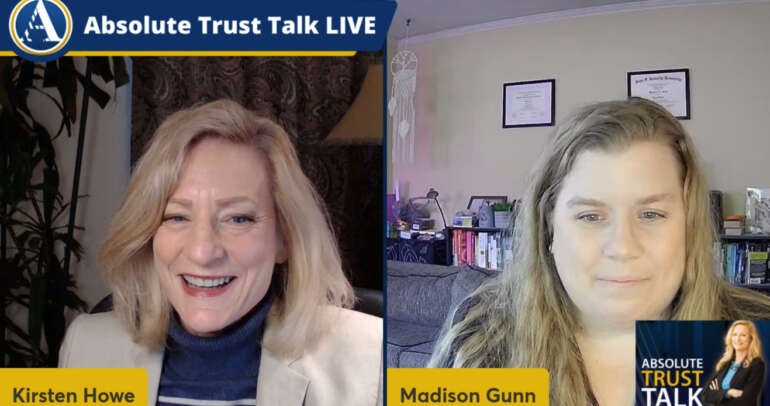As young adults embark on the journey toward independence, many significant milestones exist to celebrate. From securing your first job to getting married or purchasing a home, each milestone presents new opportunities and responsibilities. While estate planning might seem reserved for older individuals, it is a crucial step to take as soon as you reach certain key milestones. Below are…













